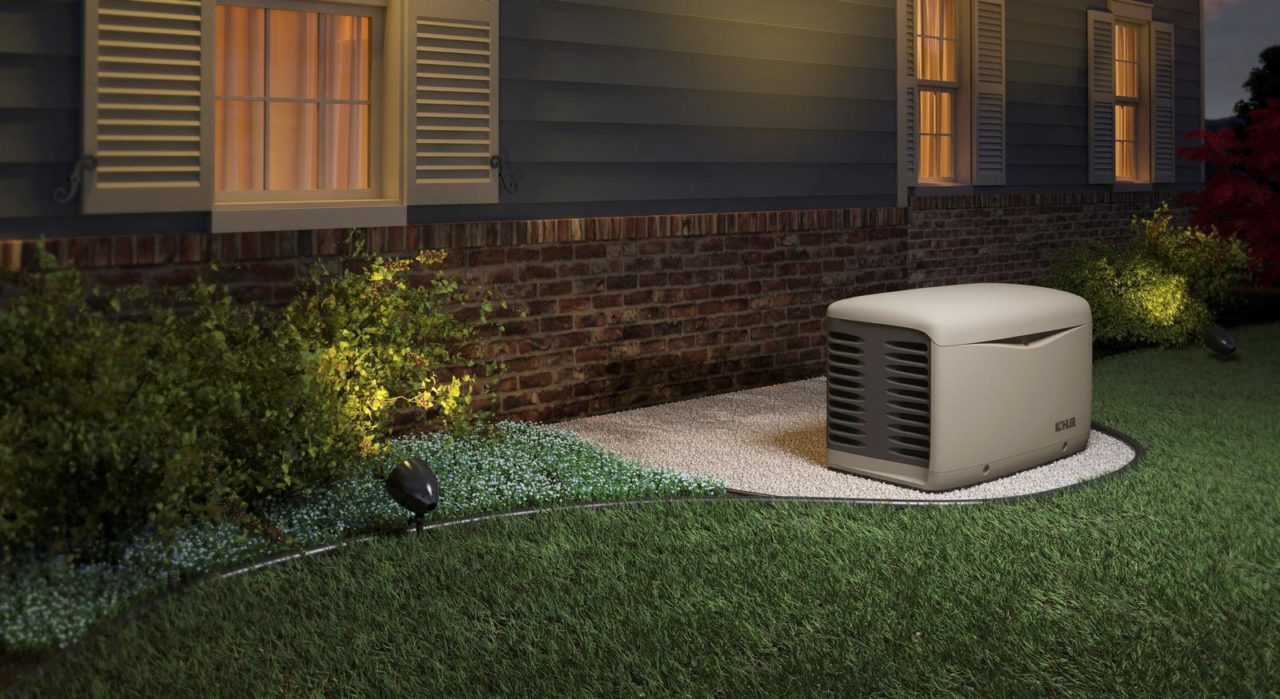When storms hit, the last thing any of us want is to lose power. And, let’s face it, storms in the South can hit with a fury making power outages more common than we’d like.
Of course, a home generator can save you from the headache of bored kids, dark rooms, and missing your favorite show. But more importantly, it will keep your refrigerator running, your security system online, and run any medical equipment you might have in your home.
When you think of generators, you might imagine the portable gas generator your friends use for camping or tailgating. While those are great for limited use, they aren’t the best choice for powering your home during an outage. Permanently installed home generators are a much better choice when you want to protect your family and your home.
Automatic standby generator systems can detect a power loss and kick on within a matter of seconds, and automatically shut off when power returns. They truly can be a life – or at least a food and appliance – saver.
WHEN BUYING A GENERATOR, WHICH FUEL TYPE IS BEST?
DIESEL
While gas or diesel power might be the method of choice for a portable generator, diesel generators are not the best choice for home-installed backups. They require fuel tanks and storage space, making them more difficult to install than other options. Further, EPA regulations have become more stringent in recent years, requiring diesel generators to become increasingly efficient. You will want to avoid purchasing a generator that doesn’t pass these regulations in the future.
NATURAL GAS
For most Middle Tennessee residents, natural gas generators are the way to go. Natural gas is a readily available, endless source of fuel for your home (as long as you pay your gas bill). They don’t require any storage tanks and can be hooked up directly to your current gas line during installation. Even more, they’re quieter and more efficient than diesel or gas generators and run without emitting any fumes.
PROPANE
Propane generators are most commonly used in rural areas that do not have access to natural gas. The propane is a stored fuel source, so homeowners need to pay close attention to fuel levels, especially when running all or most of a home on it. Tank refills can require a large upfront cost, though unlike diesel fuel, propane can be stored for years without degrading.
HOW MUCH DO HOME GENERATORS COST?
Homeowners can design a home generator system that fits their needs, depending on the size of their house and how much they want to power. Home generator systems can be equipped to handle the basics like a home security system, major appliances, and lights, to powering everything in your home, as if the power was still on.
No one wants to be left in the dark when an unwanted power outage strikes. By working with your home services company, you can design a home generator system that will be the best fit for your family’s needs.


